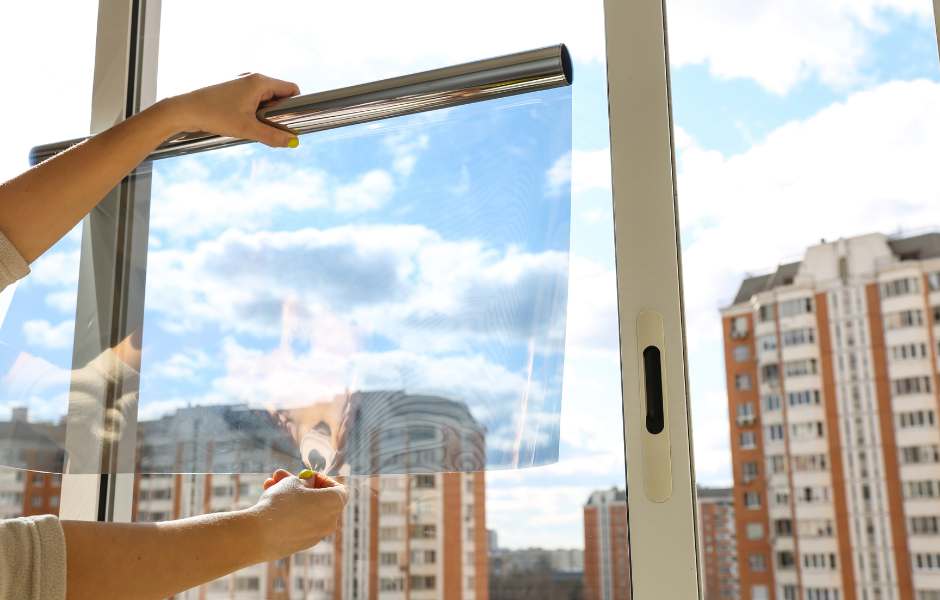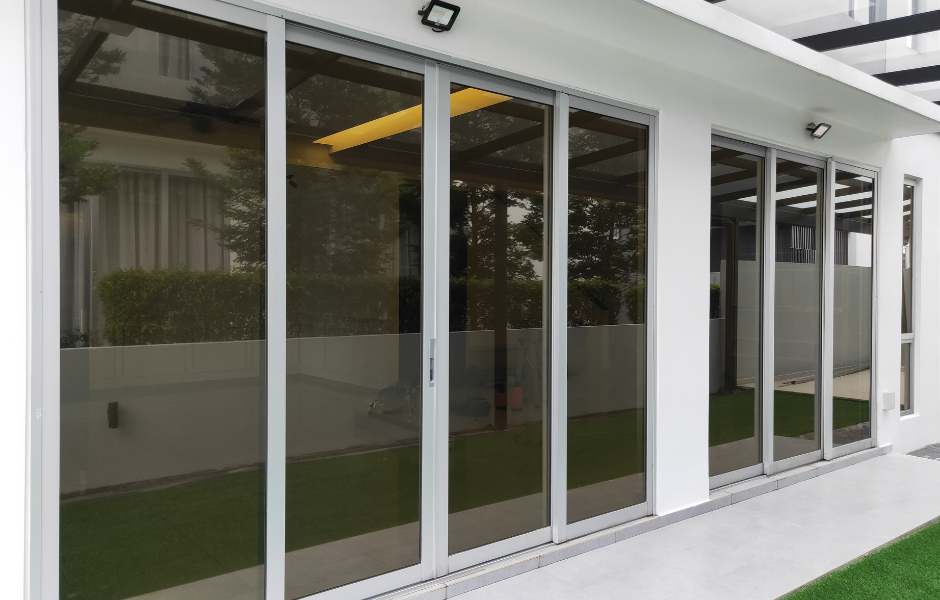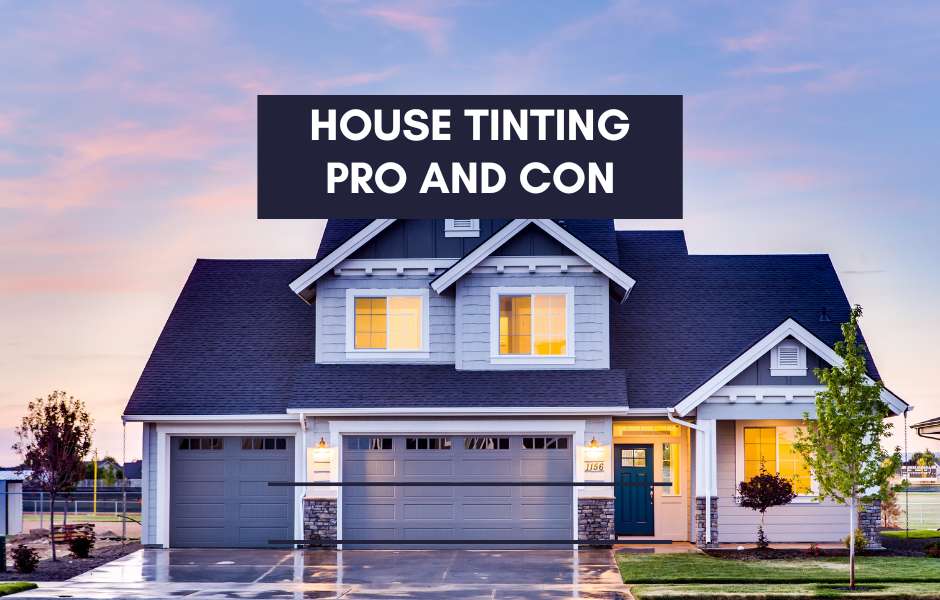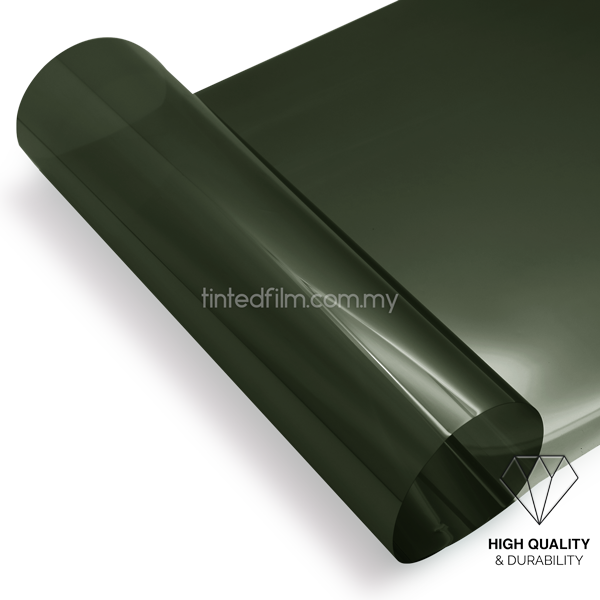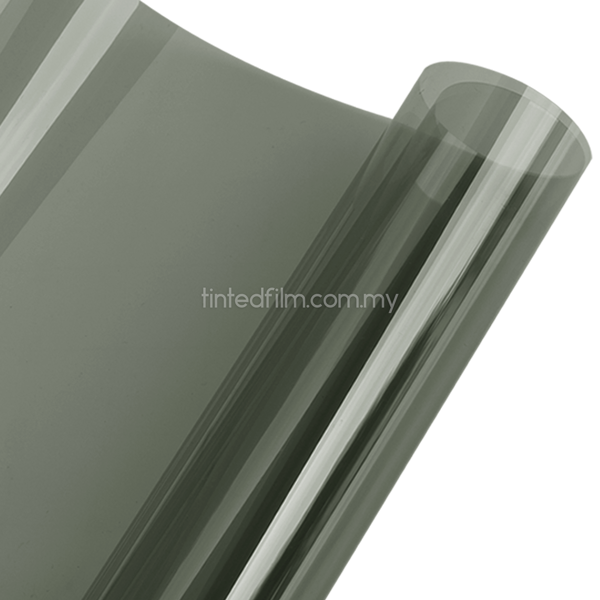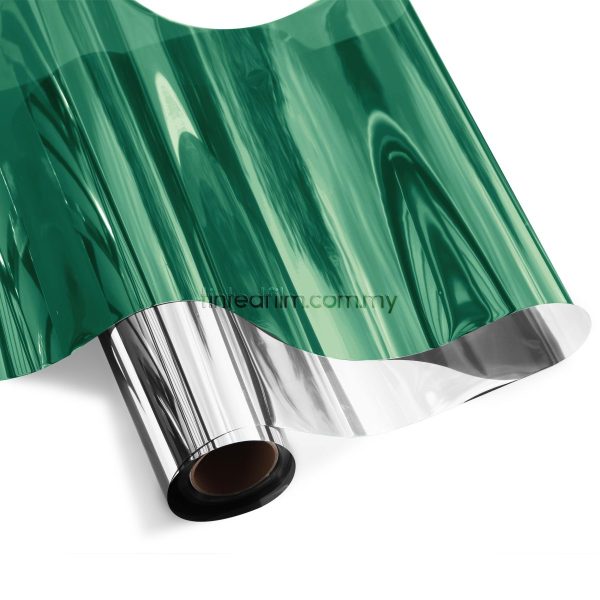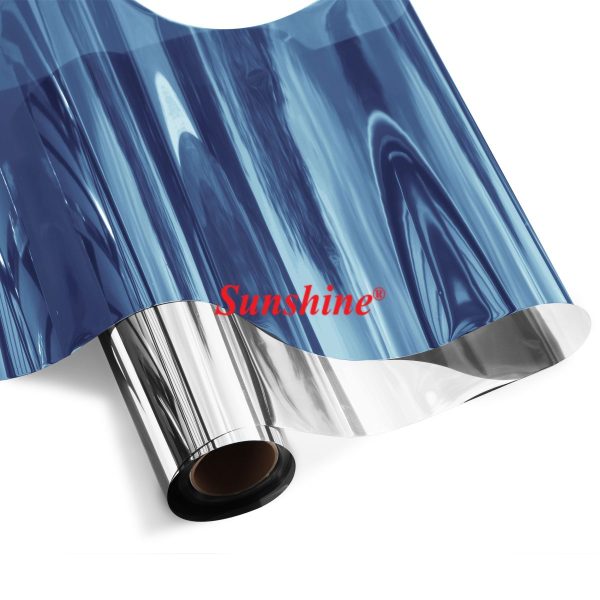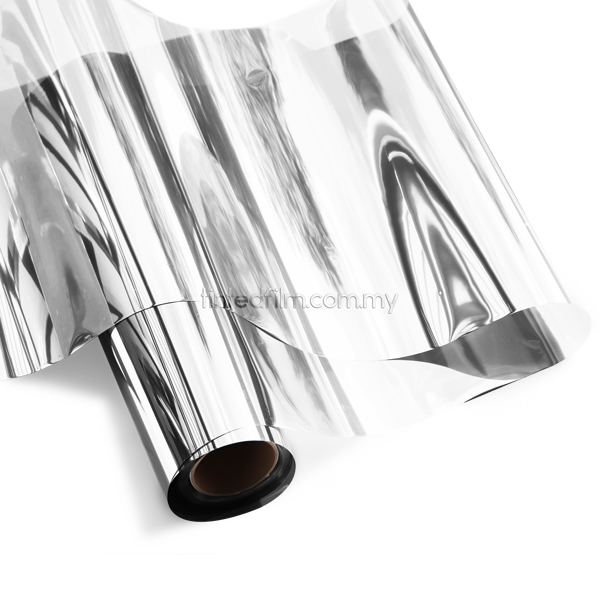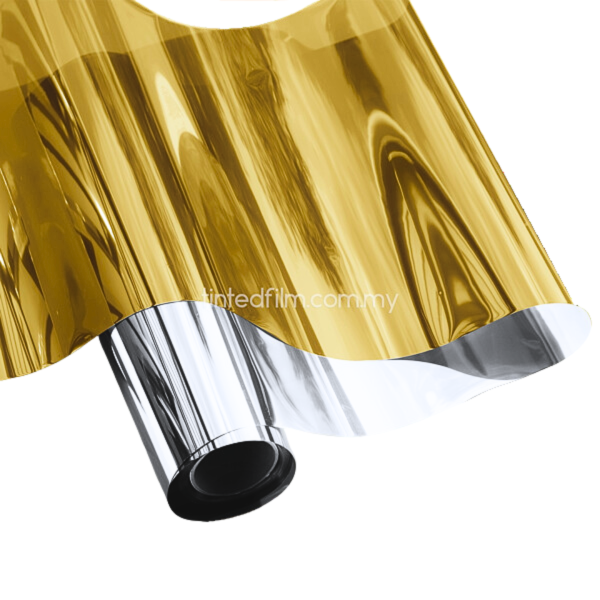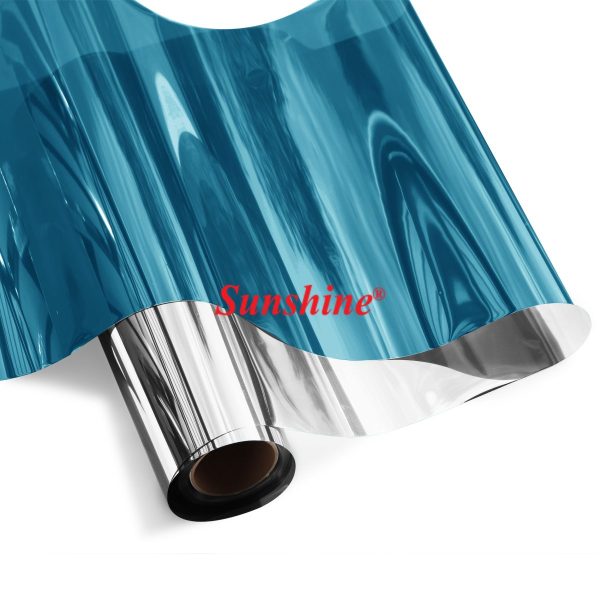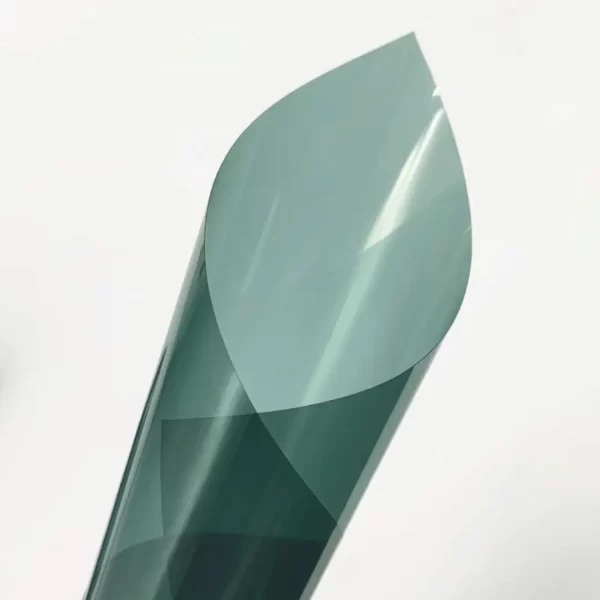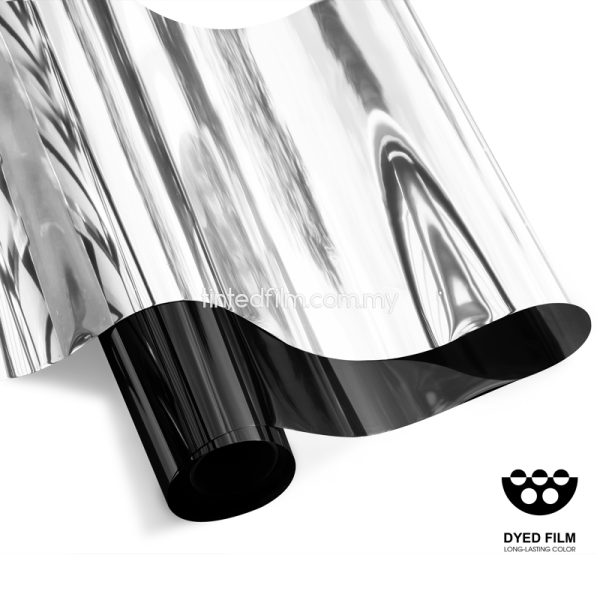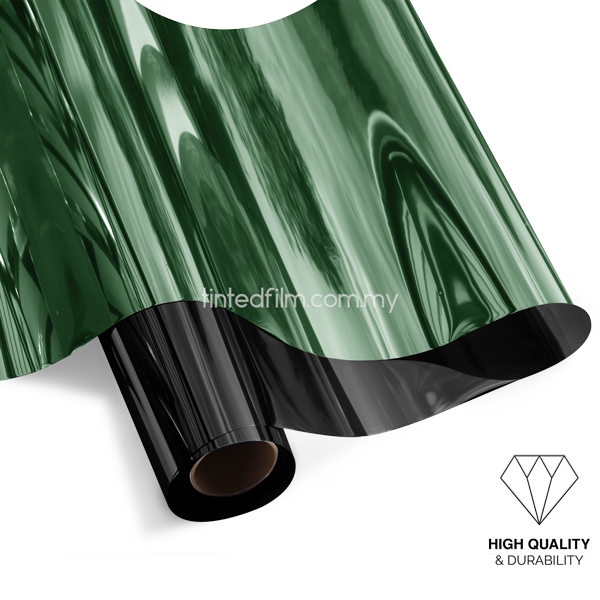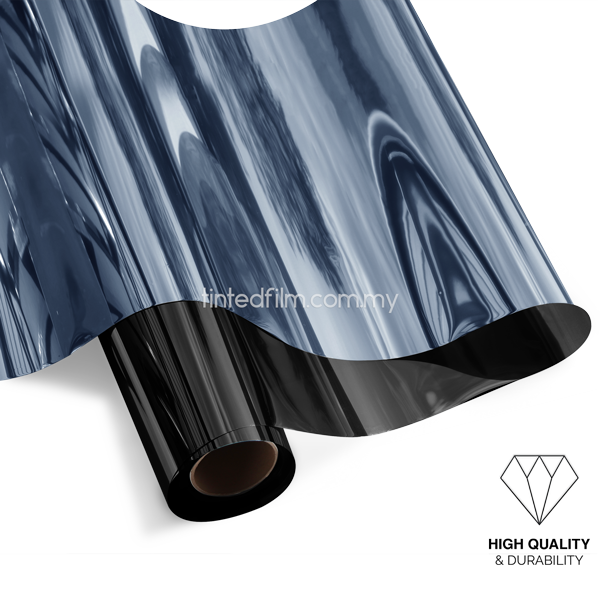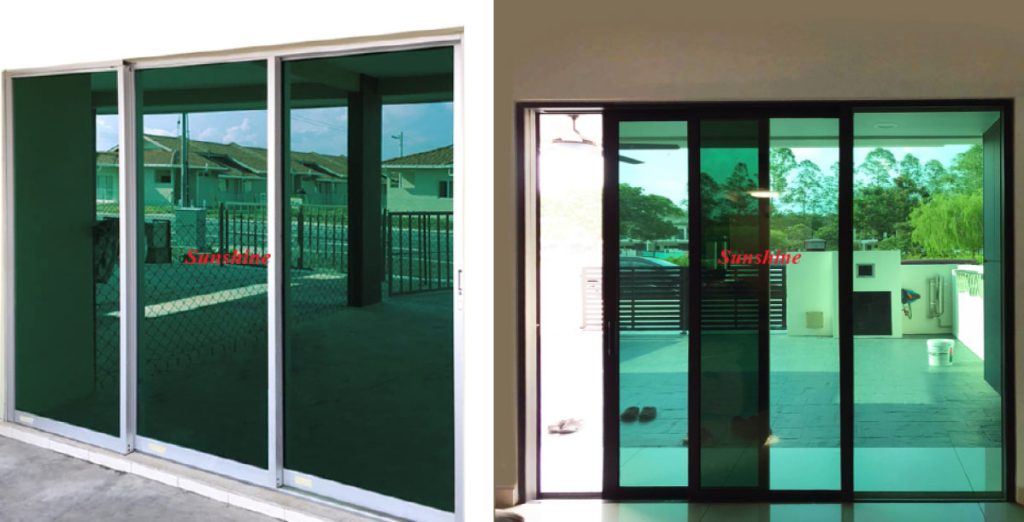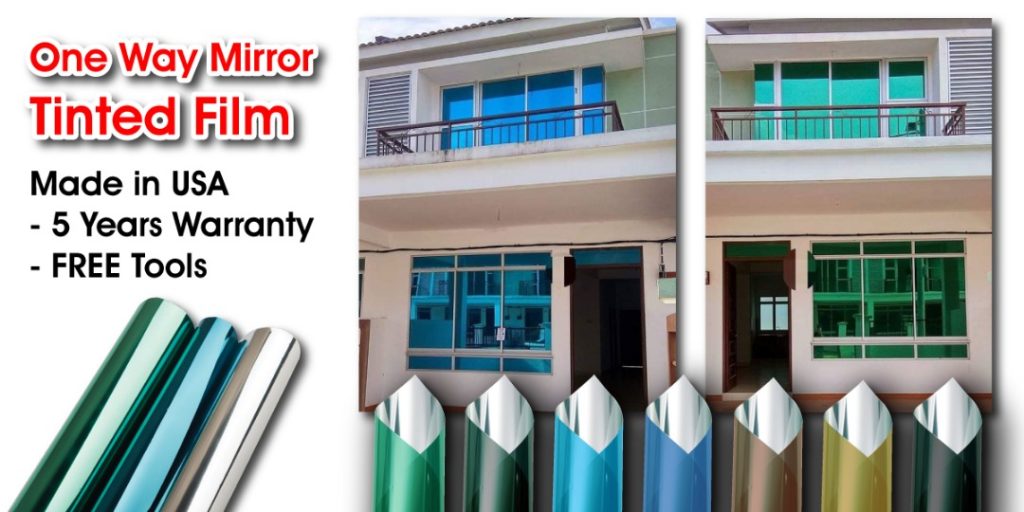House window tinting offers several benefits, as well as a few drawbacks. So let’s take a closer look at the pros and cons of this popular home improvement option.
Pros: The Advantages
Energy Efficiency: Window tinting helps regulate indoor temperatures by blocking a significant amount of heat from the sun. And this can reduce the need for excessive air conditioning or heating, leading to lower energy bills.
UV Ray Protection: Tinted windows block harmful UV rays. Which can protect your skin from sun damage and prevent fading of furniture, carpets, and other interior items.
Glare Reduction: Window tinting reduces glare from sunlight, making it easier to read, watch TV, or work on electronic devices without eye strain.
Enhanced Privacy: Tinted windows offer increased privacy by making it harder for outsiders to see inside your home, providing a sense of security and comfort.
Aesthetic Appeal: Window tinting adds a sleek and modern look to your house, enhancing its overall appearance.
Cons: The Disadvantages
Initial Cost: The cost of window tinting installation can be relatively high. But It’s depending on the size and number of windows in your home and tinted quality.
Professional Installation: Window tinting requires professional installation to ensure proper application and avoid issues like bubbling or peeling.
Decreased Natural Light: While window tinting reduces heat and glare, it may also decrease the amount of natural light entering your home, potentially impacting the ambiance.
Warranty Limitations: Some window tinting products may come with limited warranties, and improper care or installation could void these warranties.
Restricted Visibility: In certain lighting conditions, window tinting may hinder outside visibility, which could be a concern for some homeowners.
In conclusion, house window tinting offers significant advantages in terms of energy efficiency, UV ray protection, glare reduction, enhanced privacy, and aesthetic appeal. However, it is essential to consider the initial cost, professional installation requirements, potential impact on natural light, warranty limitations, and restricted visibility before making a decision. So evaluating these pros and cons will help you determine if window tinting is the right choice for your home.
Now WhatsApp for House Window Tinting Enquiry at +6012-510 0521.
